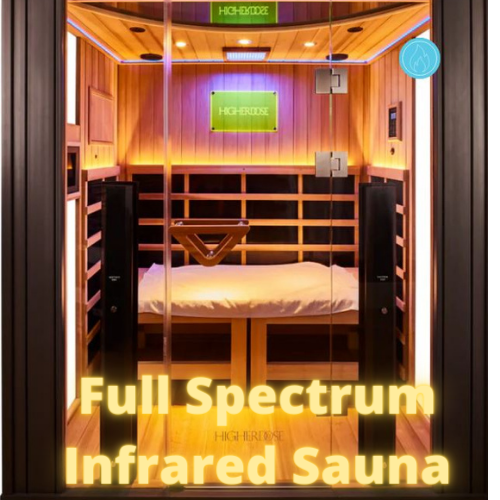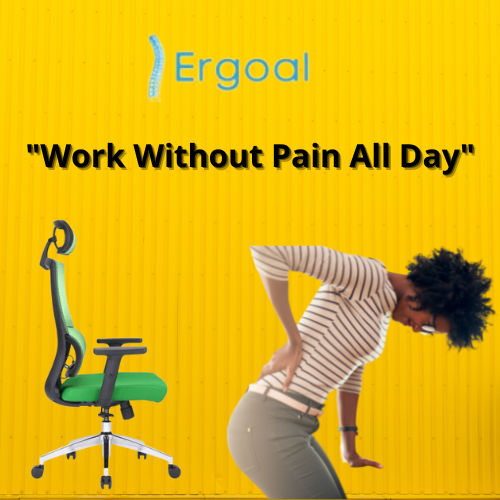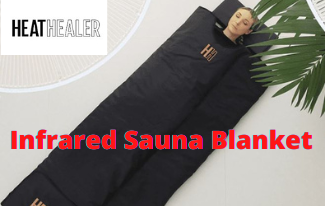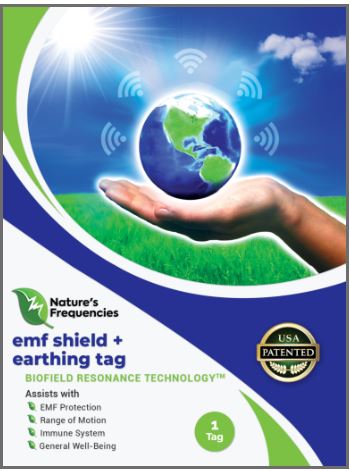Many patients have asked “Why does my jaw click when I open wide?” Let’s start with the temporomandibular joint. The temporomandibular joint, or TMJ (for short), is that joint in front of your ears that you can feel with your fingers when you open wide. Sometimes this particular joint may “click” or cause discomfort, and I’m here to tell you why that happens and 5 steps you can take to correct it.
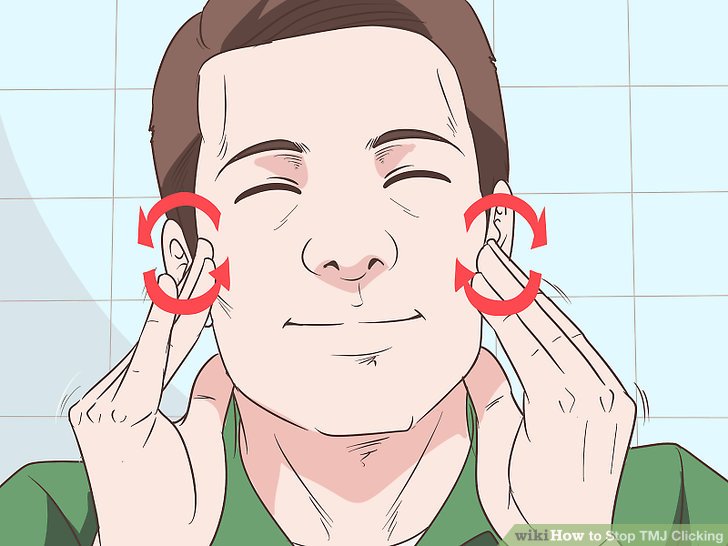
Overview
Before we begin, let’s clear the record: most people are confused about what TMJ actually is. TMJ stands for temporomandibular joint, a part of your body, but it is frequently thought of as a problem people have like “I have TMJ”, which is actually a condition, that includes pain or, clicking, or even makes you feel that you just can’t open your mouth wide enough.
But in reality, you have 2 TMJs (a right one and a left one) and they are very delicate joints that depends on each other to work properly – the only joints in the body like that! Think about opening your mouth. Both joints on either side of your jaw move together and everything needs to be in balance. When they aren’t…well, ouch.
Why does my jaw click?
So, what’s actually going on inside? What causes the clicking? In short, it’s the effect of an imbalance, which may be caused by stress, missing teeth, misaligned teeth, or improper dental work. Think of the TMJ as a ball in-socket joint. Like your upper arm into your shoulder. The lower jaw has what can be considered the ball (even though it is not shaped like a ball) and the skull has a depression that resembles a socket.
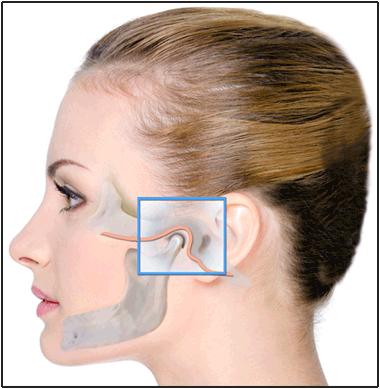
In between that ball and socket is a disc made up of cartilage that allows the joint to work smoothly. That disc, specifically when it moves while you have an imbalance in the mouth, is what creates the click as I will now talk about.
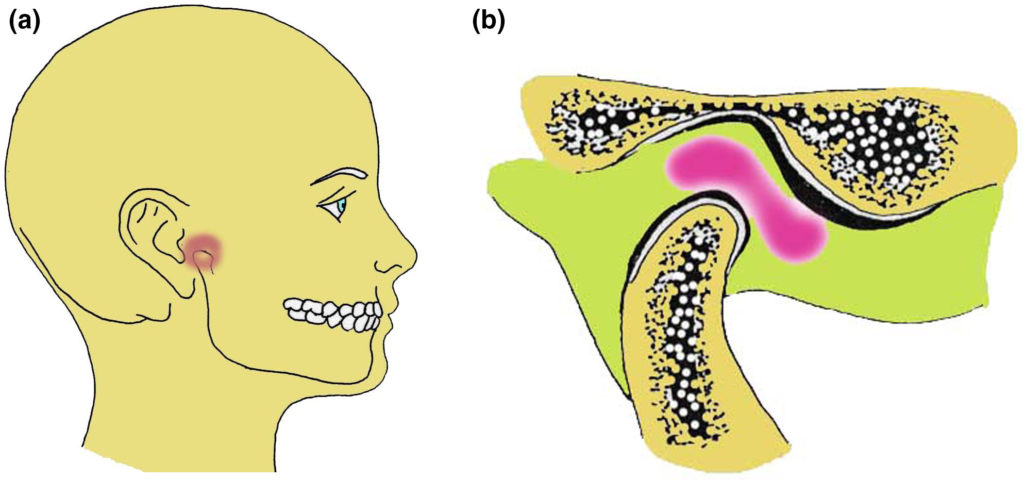
If you clench your teeth, that ball on the lower jaw gets jammed into that socket on the skull and the cartilage gets squished. If there is an imbalance though, it also will move out of place, like how squeezing a watermelon seed will shoot it out from between your fingers (though your ligaments keep the disc mostly in place still). When you release your jaw, it moves back into its proper place, which is what causes the clicking sound, both when it moves forward and again when it moves back. If you are anxious all the time or clenching all the time, this disc may not move back into position though, causing what many refer to as the TMJ pain. So what can you do about it?
5 steps you can take to help with clicking
- You may be grinding your teeth at night due to stress. , To alleviate that, try reducing your sugar intake and have a nice soothing cup of herbal tea before bedtime to calm your nerves

2. You could also be clenching your teeth during the day, due to stress. Try taking some time for yourself to do some deep breathing exercises or meditation to get your mind off of your stressful thoughts.
3. If you’ve just begun to hear some clicking, go to your local drugstore and get one of those over-the-counter night guards for temporary protection while you sleep.
4. If your click is helped with this temporary night guard, you may want to ask your dentist to make you a more permanent one that is tailored to your specific bite, which may be more comfortable.

5. If your clicking does not go away or even gets worse, consult with your dentist about constructing more advanced appliances that can address your specific needs.
So, there you have it! I hope this blog was helpful in understanding TMJ clicking and what you can do about it. Explore our YouTube channel to learn more about how oral health is the missing link to good overall wellness, as well as other alternative health care options.

About Us
As holistic dentists, we've recommended products and services that supported our patients’ health for decades. In experiencing our own health challenges from mercury toxicity, we worked closely with many natural, alternative, and integrative health practitioners who aided our recovery as well as our patients’. We built this site to provide you with a simple-to-use, comprehensive, informational, and functional resource for your physical, emotional, and spiritual health & well-being.





















